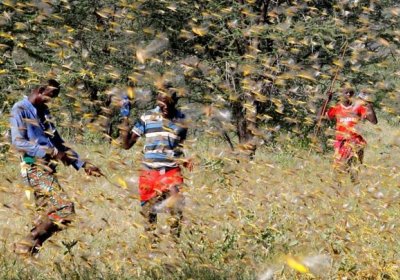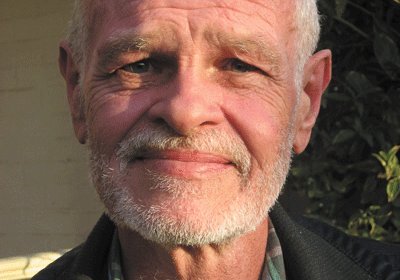While extreme weather events are driving up food prices in Australia, poorer nations experiencing the same extremes face very different and disastrous consequences, writes Pat Brewer.
Pat Brewer
Climate change, government policies and agribusiness farming are affecting the environment in which animals, including humans, live. But could they also be impacting on the spread of diseases?
A new influenza pandemic is quite possible, according to a study by researchers at the University of NSW’s School of Public Health. The study notes that 19 different influenza strains have affected humans in the last 100 years, but the speed with which new strains have emerged has increased over the past 15 years. There have been seven new strains in the past five years alone.
Just what questions can you be asked when you apply for a job? According to an article in the Sydney Morning Herald on October 12, global energy company Chevron asks some intrusive reproductive health questions of women applicants in its recruitment process. Questions include whether an applicant has been sterilised, their pregnancy history, how many abortions and stillbirths they have had, the number of “normal” children they have and any birth defects their children may have.
- Page 1
- Next page











